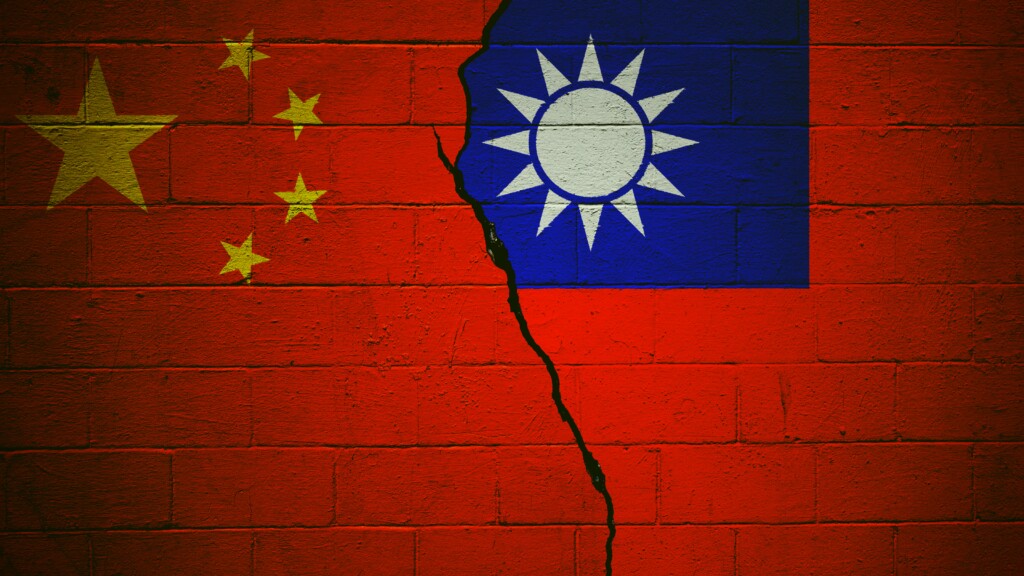
Taiwan is watching Ukraine’s struggle against Russian aggression, which is forcing the island’s authorities to thoroughly prepare for a possible war with China: to arm themselves so that in the event of an attack, China would suffer the greatest possible losses.
The article was published by Adam Zivo, a journalist of the Canadian edition of The National Post, as part of a press sting organized by the Taiwanese government.
First, the example of Ukraine was inspired by Taiwan, says Connie Chang of the National Development Council of Taiwan.
“He has shown that it is possible to defend your own country while dealing with one of the largest military powers on the planet,” he adds.
The island country recognizes that it will not be able to overcome China in the event of an attack, unless the US or Japanese allies intervene directly in the conflict, so, following the example of the Russian-Ukrainian war, Taiwan decided to act on the “porcupine principle” – to arm itself so that in the event of a Chinese attack, its army would suffer the greatest possible losses.
Such losses could have deterred China from attacking, and in the event of war, stirred up protests among the population on the mainland, government officials say.
Taipei does not rely on large military vehicles, but rather on portable anti-tank or anti-aircraft missile systems. This is also a lesson for the Ukrainian Armed Forces and the effectiveness of the Javelin at the beginning of a full-scale invasion.
Taiwan also claims to have HIMARS systems after they proved to be effective in destroying Russian occupiers, the journalist says.
At the same time, China is also learning from this war, as recognized in Taipei. In particular, Beijing is seeking to increase its independence from possible sanctions. Beijing has already ordered local authorities to increase the amount of land allocated for agriculture so that in the event of economic isolation, China can provide itself with food on its own.
Another problem, Zivo says, is the information war. The journalist notes that Russia has been partially successful in this war, for example, by turning the radical wing of the US Republican Party against Ukraine.
According to him, Taiwan is also experiencing propaganda influence, as China uses every opportunity to increase the popularity of the local pro-Chinese party.
To counter this, Taiwanese officials have already introduced a standard for refuting disinformation within two hours. The government also actively cooperates with local NGOs that develop media literacy. However, when asked how to combat disinformation about Taiwan abroad, in particular in the United States, the journalists’ interlocutors could not answer the question, the National Post writes.

